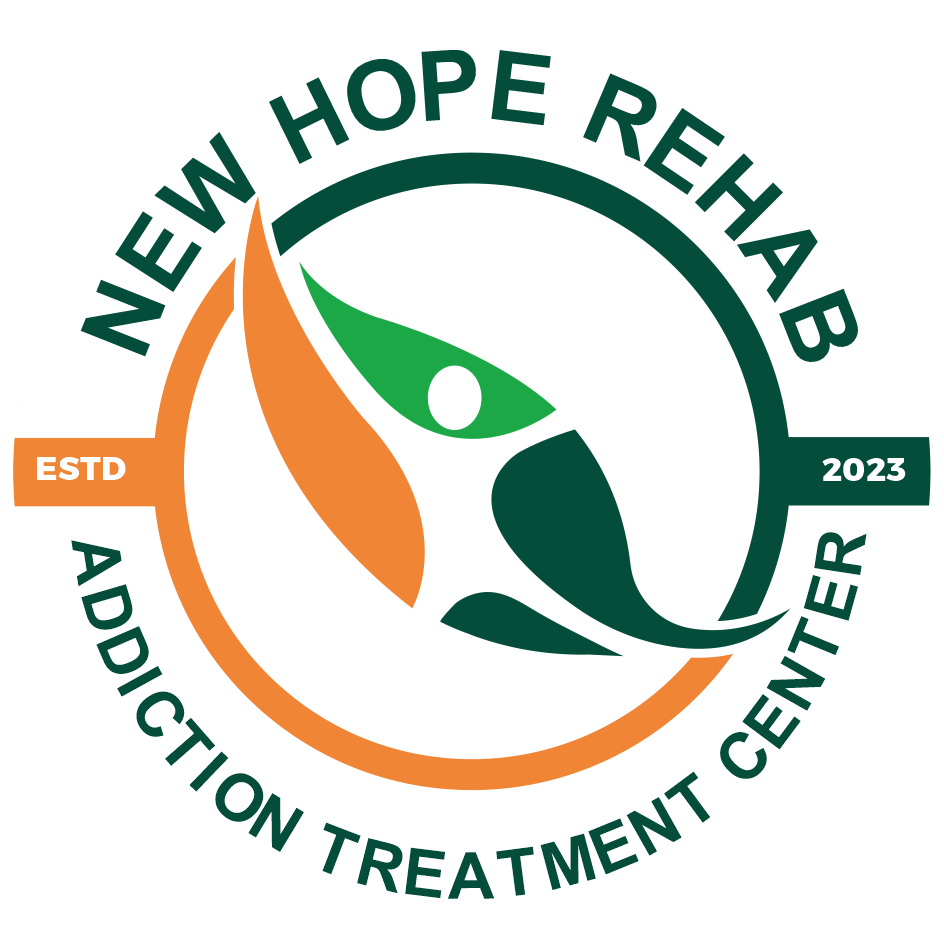Alcohol Addiction
Alcohol Addiction
Alcohol addiction, also known as alcoholism or alcohol use disorder (AUD), is a chronic and progressive condition characterized by the compulsive consumption of alcohol despite negative consequences. It is a severe and widespread public health issue that can have detrimental effects on an individual’s physical health, mental well-being, relationships, and overall quality of life.
Addiction Potential: Alcohol is a legal and socially accepted substance that affects the central nervous system, leading to feelings of relaxation and euphoria. However, repeated and excessive alcohol use can lead to tolerance, physical dependence, and addiction. Genetic, environmental, and psychological factors can contribute to the development of alcohol addiction.
Signs and Symptoms: Symptoms of alcohol addiction can vary, but common signs include a strong craving for alcohol, inability to control or limit drinking, neglecting responsibilities and obligations due to alcohol use, continued use despite negative consequences (such as legal problems or health issues), and withdrawal symptoms when attempting to stop drinking.
Health Consequences: Chronic and heavy alcohol use can lead to severe health problems, including liver diseases (such as cirrhosis), cardiovascular issues, neurological impairments, gastrointestinal disorders, and an increased risk of certain cancers. Additionally, alcohol addiction is associated with mental health problems like depression and anxiety.
Withdrawal: When individuals with alcohol addiction attempt to quit or cut down on drinking, they may experience withdrawal symptoms. Alcohol withdrawal can range from mild to severe and may include symptoms like tremors, nausea, sweating, anxiety, hallucinations, and in severe cases, delirium tremens (DTs), which can be life-threatening.
Treatment Options: Treating alcohol addiction typically involves a combination of behavioral therapies and medical interventions. Behavioral therapies, such as cognitive-behavioral therapy (CBT) and motivational enhancement therapy (MET), can help individuals address the underlying issues related to addiction and develop coping strategies. Medical interventions may include supervised detoxification and medications to manage withdrawal symptoms and cravings.
Supportive Environment: Building a supportive environment is crucial for alcohol addiction recovery. Family and social support, participation in support groups like Alcoholics Anonymous (AA), and access to aftercare programs can significantly contribute to maintaining sobriety.
Relapse Prevention: Alcohol addiction recovery is an ongoing process, and relapse is common. Developing relapse prevention strategies, identifying triggers, and learning healthy coping mechanisms are essential for long-term recovery.
Dual Diagnosis: It is common for alcohol addiction to co-occur with other mental health disorders. Addressing and treating underlying mental health issues are essential for successful recovery.
The Requirements :
If you or someone you know is struggling with alcohol addiction, seeking professional help from healthcare providers, addiction specialists, or rehabilitation centers is highly recommended. Early intervention and comprehensive treatment can significantly improve the chances of successful recovery and a healthier life.
